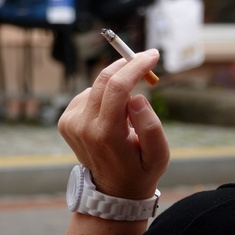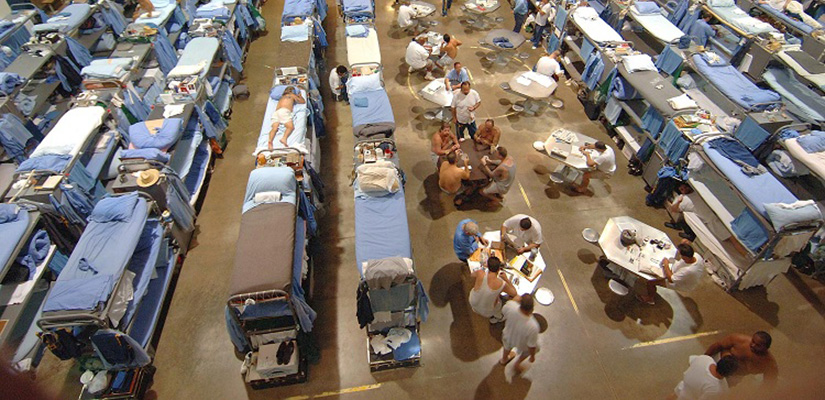Should a woman face criminal prosecution for child abuse if she smokes, uses drugs, or drinks during pregnancy? That is the debate that many states have wrestled with for decades. For example, in the case of Cornelia Whitner, South Carolina’s Supreme Court ruled that she could be criminally liable for using cocaine during her pregnancy. 1 However, the court’s ruling did not stop at the use of illegal drugs. The court stated that the rule would apply to both legal and illegal substances, meaning that a pregnant woman in South Carolina could be charged with child abuse for smoking a cigarette or drinking a glass of wine.
during pregnancy? That is the debate that many states have wrestled with for decades. For example, in the case of Cornelia Whitner, South Carolina’s Supreme Court ruled that she could be criminally liable for using cocaine during her pregnancy. 1 However, the court’s ruling did not stop at the use of illegal drugs. The court stated that the rule would apply to both legal and illegal substances, meaning that a pregnant woman in South Carolina could be charged with child abuse for smoking a cigarette or drinking a glass of wine.
Other states have followed this line of thinking. Tennessee has a law that makes it a misdemeanor to drink or use illegal drugs during pregnancy if the child is born addicted to those substances. 2 Hawaii has considered laws making it a felony for endangering the welfare of a minor to consume alcohol or drugs during pregnancy. In addition, Arizona, Florida, Georgia, New York, Massachusetts, and Nevada are all states where prosecutors have tried unsuccessfully to secure convictions for pregnant women under similar charges. 3
California’s Approach to Child Abuse Crimes
Child abuse crimes in California generally fall under two broad categories: physical abuse and child endangerment. Physical abuse crimes under California Penal Code Section 273(d) require willful infliction of cruel punishment and/or an injury to a child that causes a traumatic condition, and the action was not part of a reasonable punishment of the child. 4
Under Penal Code Section 273(a), a person could be guilty of child endangerment if they cause or permit a child to suffer unjustifiable physical pain or mental suffering; willfully cause or permit a child in their care to be injured; or willfully cause or permit a child to be placed in a dangerous situation. 5 If a woman were to be charged because she smoked tobacco, drank alcohol, or used illegal drugs while pregnant, it would likely be for causing a child to be placed in a dangerous situation, which does not require any actual injury to the child. Placing a child in a situation where harm is probable is enough under 273(a).
Treatment, Not Trial
If the state were to prosecute pregnant women, it would criminalize some behaviors that are otherwise legal and punish women for crimes for which no male could ever be convicted. However, California’s approach has not been to punish women for addictive behavior while pregnant. Instead, in 2012, the California legislature changed Health and Safety Code Section 11757.59 to provide funding for treatment programs designed to help pregnant women and new mothers resolve problems with addiction to alcohol or other drugs.
By not criminalizing this type of action, California is taking the right approach. Emphasizing treatment instead prosecution avoids the problem of scaring off women who would be afraid to go to a doctor for medical care during pregnancy or from seeking treatment for these addictions while pregnant. It allows women who struggle with addiction to have access to these programs when they need it most without fear of being arrested, and could reduce the chances that their child will be born with severe health problems. Most importantly, California’s approach reduces the chance that a woman with an addiction to alcohol, tobacco, or other drugs would turn to abortion as a means to avoid prosecution.
Share Your Feedback With Us
We at Wallin & Klarich would like to hear from you about this topic. Do you agree with California’s policy of not prosecuting women for smoking, using drugs, or drinking while pregnant? What are some of the reasons you see that would make this either a good or bad idea? Please feel free to leave your comments below.
1. [Whitner v. State, 328 S.C. 1, 492 S.E.2d 777 (1997)]↩
2. [http://www.huffingtonpost.com/2014/04/30/tennessee-to-incarcerate-_n_5241770.html]↩
3.[http://www.law.uh.edu/healthlaw/perspectives/reproductive/980623pregnant.html]↩
4. [Cal. Pen. Code §273(d).]↩
5. [Cal. Pen. Code §273(a).]↩



